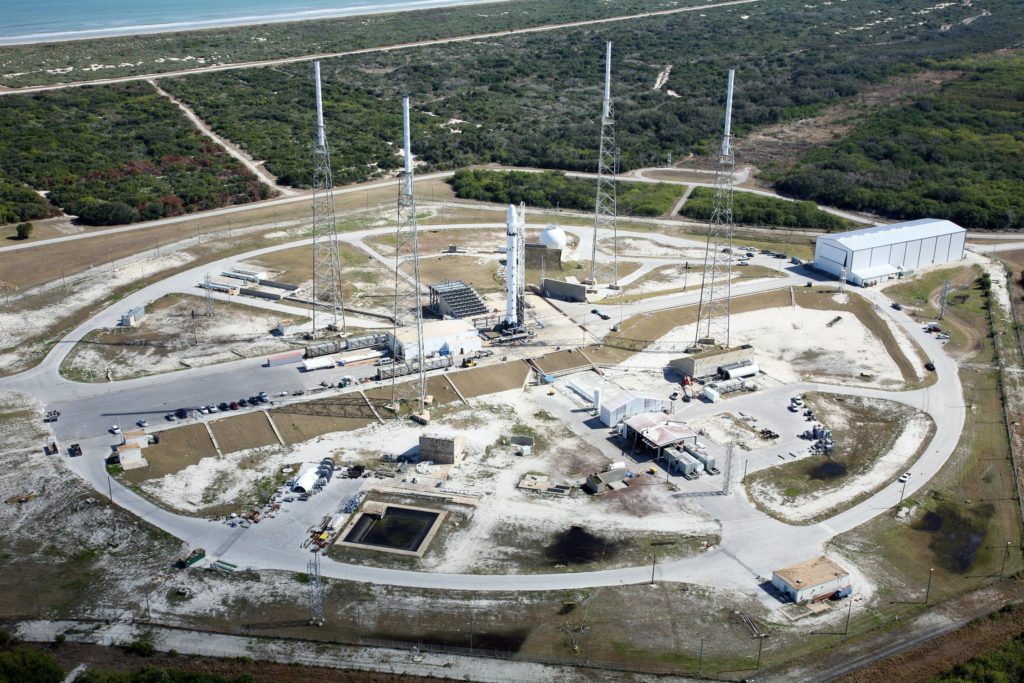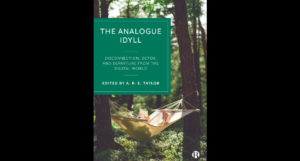University to co-lead two-day international conference on spaceports

The role of spaceports and their impact on the UK economy and the socioeconomic fabric of their local communities are set to be discussed at an international conference co-organised by the University of Exeter.
Scholars from across the United States of America and Europe will join representatives from the space industry over two days to share knowledge and explore the social, economic and political dimensions of spaceports.
The event, on 2 and 3 November, will be hosted by the University of York, but is joint-funded by Exeter’s Societies and Cultures Institute (SCI), and has been orchestrated by a cross-institutional team including Dr Alexander R. E. Taylor, of the Department of Communications, Drama and Film.
The term ‘spaceport’ first appeared in the published literature in 1962 to describe the Cape Canaveral facility that NASA had built for the US human spaceflight programme. Today, there are 22 spaceports in operation, and there is governmental and commercial interest in developing new spaceports with the promise that they will allow states to gain a share in the global space economy that is projected to generate more than a trillion US dollars in revenue by 2040.
In the South West, Spaceport Cornwall was the first in the UK to be granted a licence, and the University has a memorandum of understanding with its owners, Cornwall Council, to work together on research projects. Dr Taylor, an anthropologist and Lecturer in Communications with a research background in data, technology and outer space, has been conducting fieldwork exploring the development of the spaceport and its impact on the local community.
“The development of spaceports prompts important questions that cut across local, national and international scales,” says Dr Taylor. “The purpose of this conference will be to explore many of these, such as: Who is driving investment in spaceports? How is investment in spaceports linked to other initiatives in STEM education and workforce upskilling? What expectations of future economic benefits are being articulated by governments, local communities, and industry? What have been the effects so far of spaceports on local economies and communities where they are situated? And how do contemporary spaceports differ from those established in earlier periods?”
The conference, which has also been supported by researchers from the Universities of Edinburgh and Stockholm, will draw representatives from the UK Space Agency, the European Space Agency, the Satellite Applications Catapult, the Civil Aviation Authority, UKspace, SaxaVord, and Spaceport Cornwall.
It will include a range of themed workshops covering aspects such as the regulation, funding, and economic impacts of spaceports. Dr Taylor will be discussing how spaceport operators and local authorities manage the environmental impacts of space launch, based on his extended case study of Spaceport Cornwall.
Dr Taylor is one of the founders of the Social Studies of Outer Space (SSOS) Network, an international network that brings social science research into dialogue with space policy and the space industry through the development of knowledge-exchange events. Last year, in June 2022, he organised the one-day symposium ‘Social Science Meets Space Science’ with the European Space Agency (ESA) at the European Space Research and Technology Centre (ESTEC) in the Netherlands.
“Through events like the spaceport conference in York we are working to strengthen links between the social sciences and the space sector,” Dr Taylor said. “The social sciences offer immeasurably valuable tools and practice-based insights that can help improve the way we think about and approach the development of spaceports and space launch policy. The spaceport conference in York will provide an important opportunity for scholars and industry professionals to benefit from each other’s knowledge in order to build a better space sector together.”



